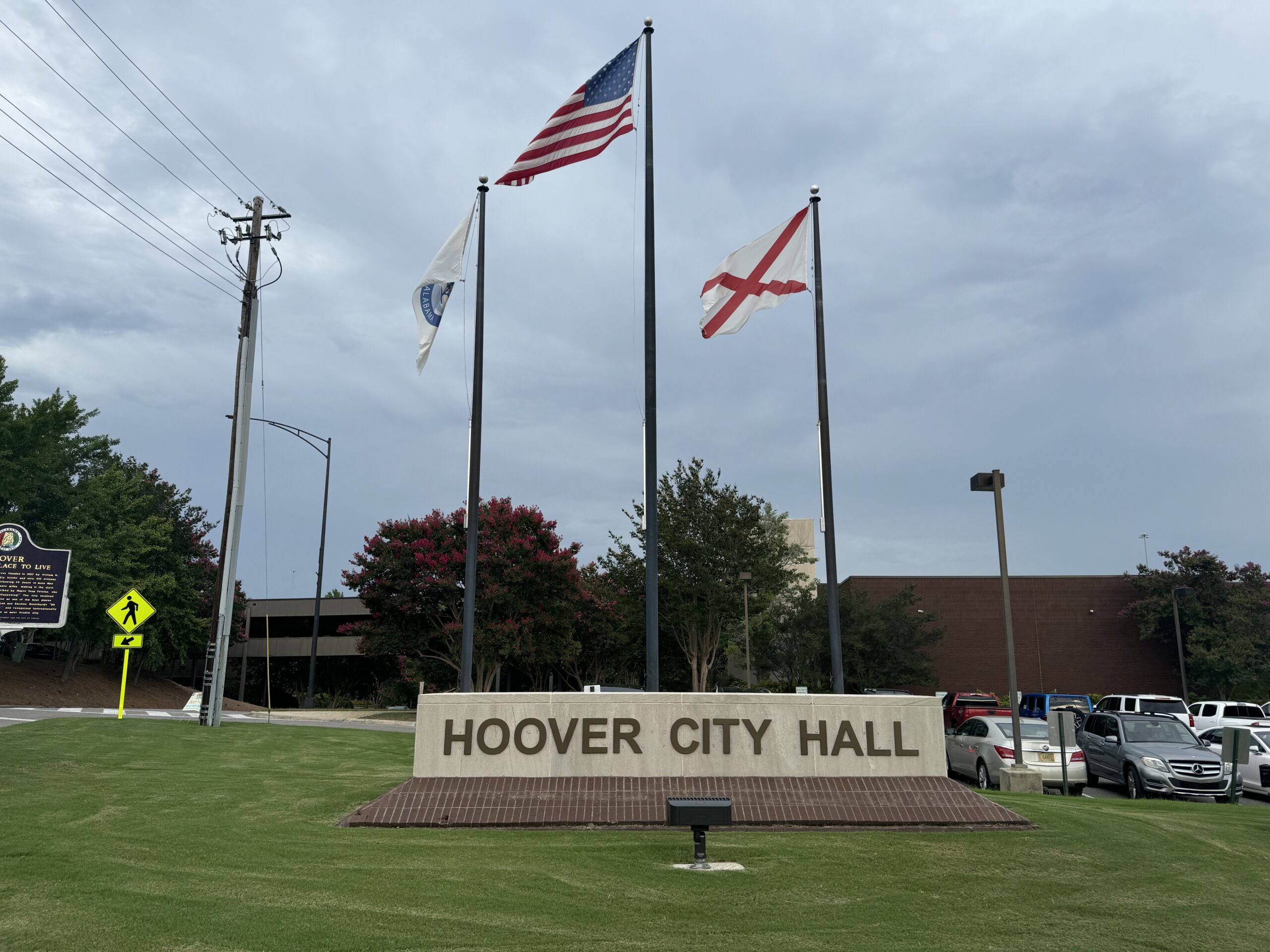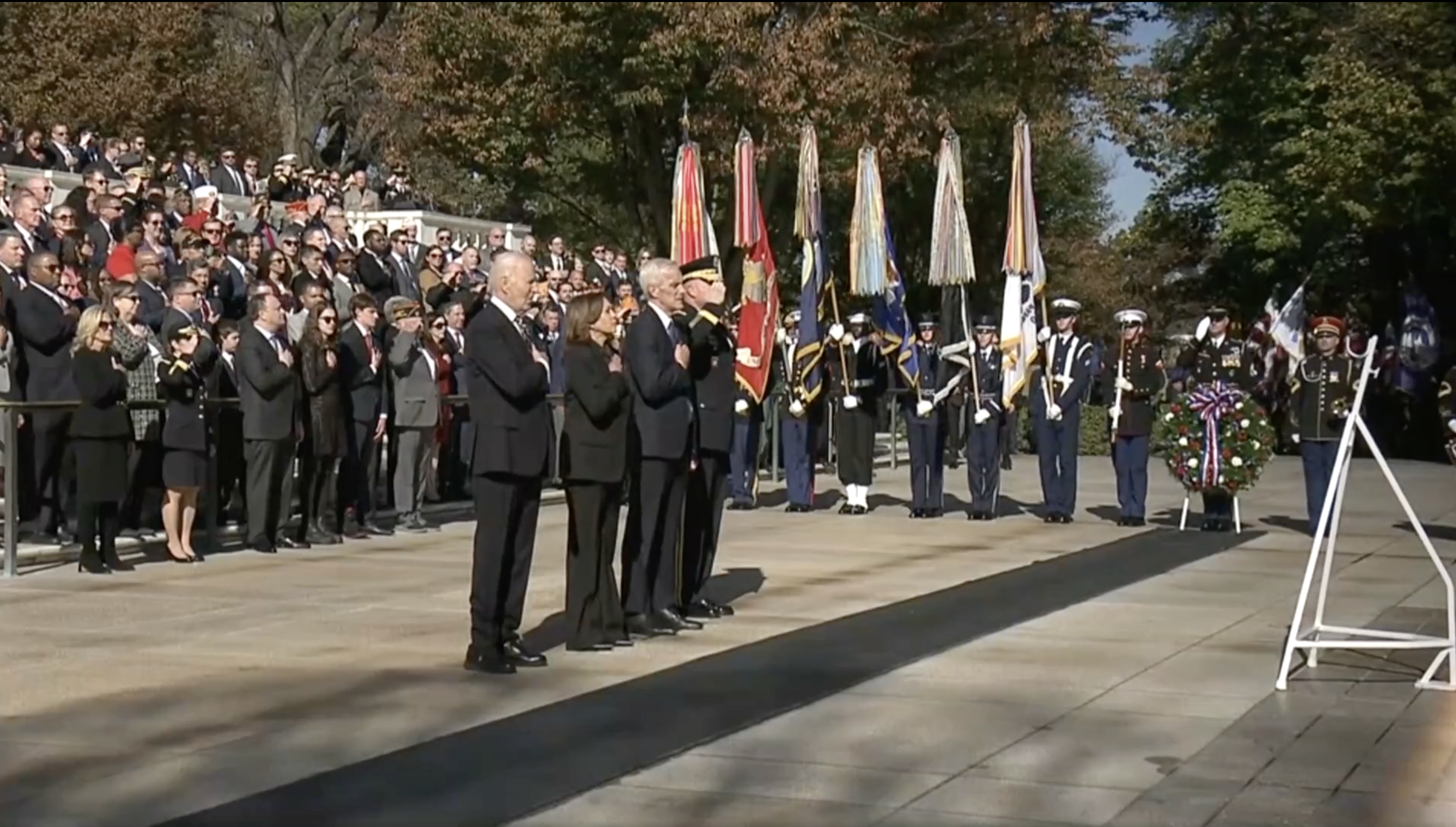Time is running out on the 2023 Alabama regular legislative session. Tuesday will be day 24 of the session. The session is limited to a maximum of thirty legislative days in a session. It takes five legislative days at minimum to pass a bill. With just seven days left and both budgets yet to be addressed in the second house, time is becoming precious for lawmakers who hope to get their bills passed by the house of origin in order for it to go to the second house.
The House of Representatives Rules Committee has prepared an ambitious special order calendar for Tuesday. The calendar includes:
Senate Bill 39 (SB39) would add additional judges to the state’s most overcrowded court dockets.
Senate Bill 159 (SB159) creates a rebuttable presumption of the nonliability of the awarding authority and its contractors in roadbuilding contracts.
House Bill 430 (HB430) would provide further for the duties of the Alabama Literacy Task Force and would revise the membership of the task force.
House Bill 168 (HB168) would increase the threshold dollar amount for which competitive bidding is required from $15,000 to $30,000.
House Bill 435 (HB435) would increase the compensation paid for poll workers in elections to $50 a day.
Senate Bill 189 (SB189) would increase the ceiling for reimbursement of nursing facilities’ allowable costs during a fiscal year, as determined by the Medicaid Commissioner and provided by this bill, due to any of the following: (1) a public health emergency; (2) a new federal or state law or regulation; or (3) a statewide uncontrollable catastrophic event.
Senate Bill 300 (SB300) creates $10,000 to $15,000 stipends for principals who complete additional training.
House Bill 432 (HB432) would reduce the minimum time period for which Alabama driver’s licenses may be issued to a foreign national for a period of time from 160 days to 30 days.
House Bill 429 (HB429) would: (1) amend the Entertainment Industry Incentive Act of 2009 by renaming it the Film and Music Incentive Act of 2023; (2) provide a floor of $20,000 in production expenditures for music albums, to receive a rebate, as well as a cap on rebated expenditures of $200,000; and (3) limit the amount of rebates issued each year for music album and music video productions to 5% of the $20 million annual total cap on rebates, which would equal $1 million under the current cap.
House Bill 450 (HB450), the Troy Act, would amend existing Alabama code to include the Public Health Service Commissioned Corps and the National Oceanic and Atmospheric Administration within all references to the United States Uniformed Services along with the United States Army, United States Navy, United States Marine Corps, United States Air Force, United States Coast Guard, and United States Space Force.
House Bill 428 (HB428) would expand the definition of child abuse to include certain physical contact of a child five years of age or under and certain physical contact of children with certain mental or developmental disabilities who are 17 years of age or younger, provided the contact was committed with the intent to cause physical injury.
Senate Bill 174 (SB174) would raise the caps on compensation for retired law enforcement officers working as school resources officers. Under existing law, a retiree receiving a pension from the Employees’ Retirement System or Teachers’ Retirement System pay is capped at $30,000 if they come out of retirement to work as a school resource officer.
House Bill 436 (HB436) would allow criminals under 22 years of age to be treated as youthful offenders. Some courts in the state currently cap youthful offender status at 19 or less.
House Bill 347 (HB347) would prohibit the installation of centralized mail delivery devices by residential real estate developers in certain new residential neighborhoods.
Senate Bill 225 (SB225) would allow a Department of Corrections law enforcement officer who is certified by the Alabama Peace Officers’ Standards and Training Commission, including K-9 handlers, to assist any law enforcement agency with public safety.
House Bill 337 (HB337) would provide for the payment of uncontested claims on an expedited basis for the Board of Adjustment.
Senate Bill 60 (SB60) – Under existing law, the Board of Nursing is responsible for implementing the Alabama Loan-Repayment Program for Advanced Practice Nursing. This bill would remove the cap on the amount of loan that may be awarded annually, would provide further for the definition of a critical need area, and would remove certain penalties for defaulting.
The Senate has not yet released a proposed special-order calendar for Tuesday.
The House of Representatives will go into session at 1:00 p.m., while the Senate will not begin their workday at 3:00 p.m.
To connect with the author of this story or to comment, email brandonmreporter@gmail.com.
Related
Share via:













